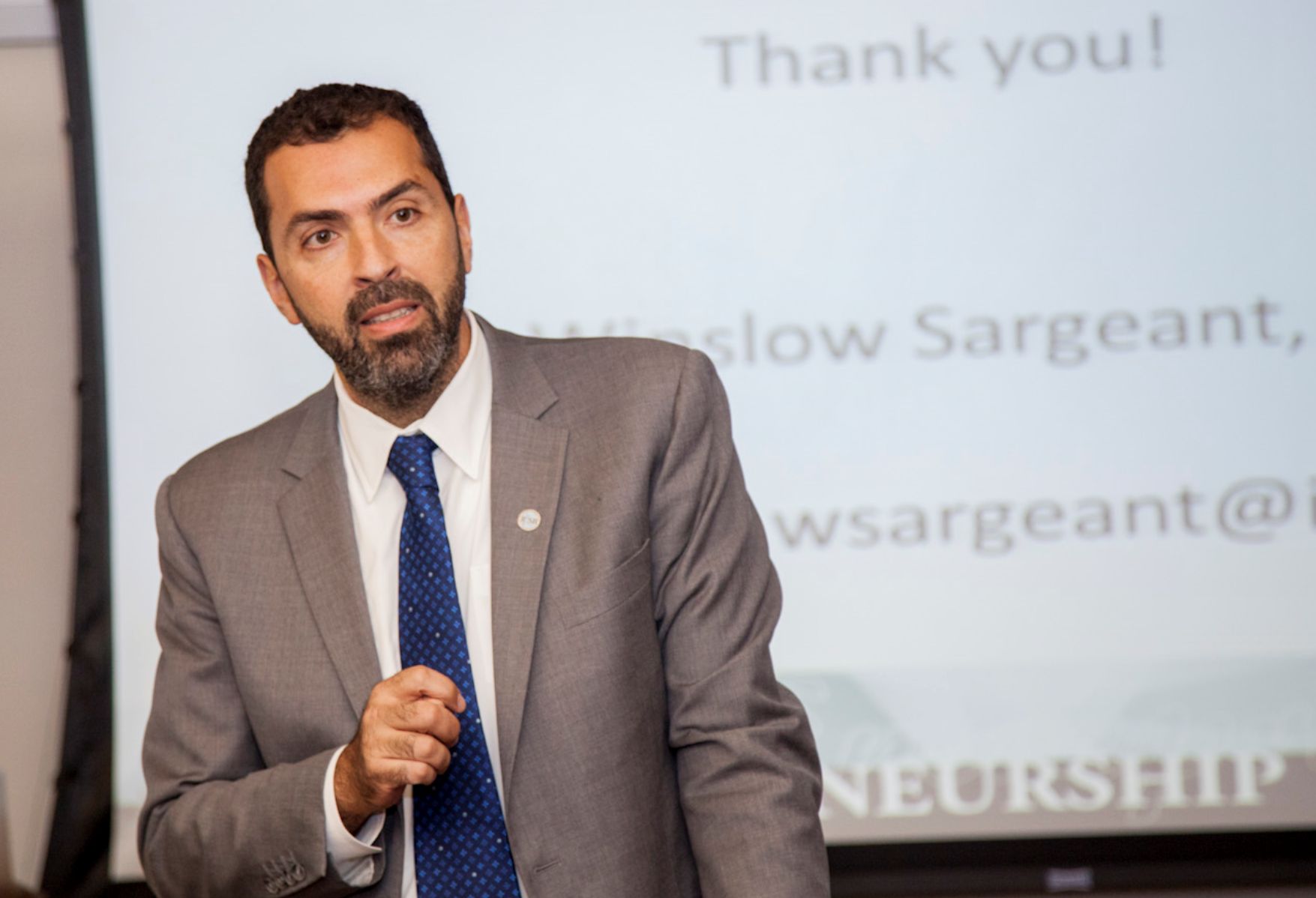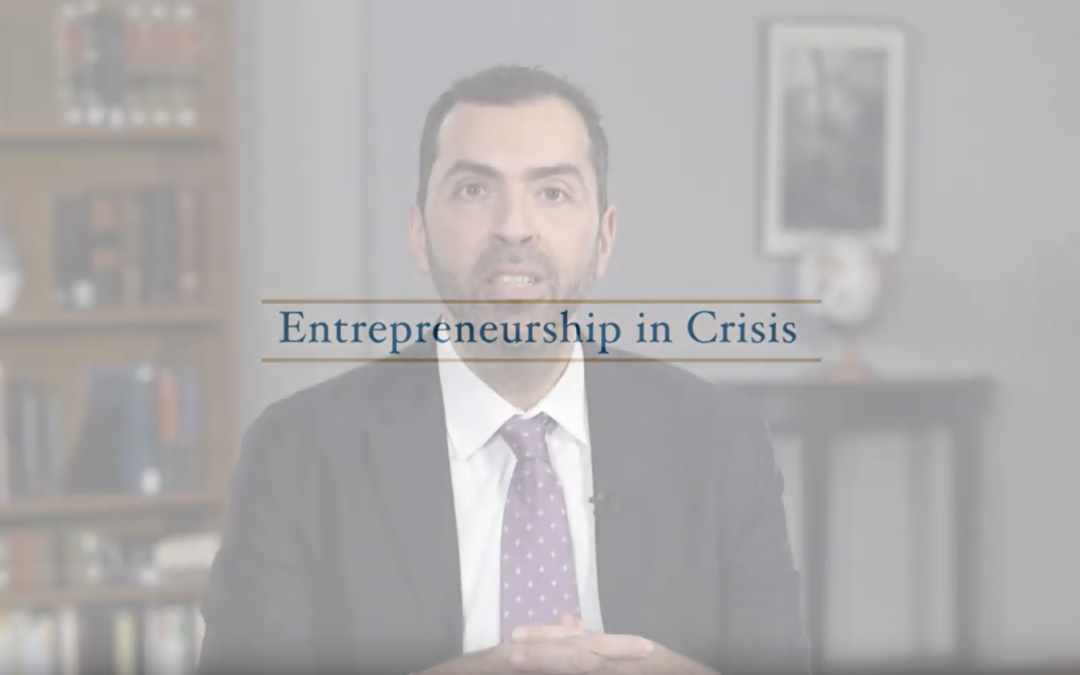An Audacious Plan to Save Small Businesses – All small businesses below 50 employees become tax-exempt as not-for-profits for 10 years.
“The world isn’t getting better, but technology is,” words spoken not by leaders but by an astute 9-year-old. The truth of that is like a thunderclap. Business innovation makes constant advancements, but oftentimes it’s at the sacrifice of humane practices. The very things that improve the quality of life for some come at a high “people” cost for very many others. Business innovation improves while humanity is removed. And that is when things are going relatively well.
The expression “desperate times call for desperate measures” may have sounded overused or laughingly cliche a few months ago, but those words have come to life around the world in just a few short months. The world, as we know it, is changing in front of our very eyes, and the aftermath of crisis will require more change, especially when we see the fractured economic crisis we are left with.
We think of economies and businesses as inanimate entities, but they are born, raised, and die on the backs of living, breathing people. They are inextricably linked, so when businesses go into crisis, so do the people who work for them. Particularly vulnerable during this time are small businesses that cannot afford to give employees extended paid leave and employees who depend on a weekly paycheck. Now is the time for large-scale measures to protect vulnerable businesses and workers, particularly seniors who face greater risks to their health and well-being.
If we continue to think small in terms of solutions, we will be stuck in small and incremental changes will only affect incremental improvements. But circumstances prove that the status quo is not enough. These desperate times, they call for, let’s not say “desperate” measures, but a well-thought-out plan. An audacious plan implemented on a global scale. What would that plan look like?
The Audacious Plan asks for the following 5 Guiding Principles:
1. All small businesses below 50 employees become tax-exempt as not-for-profits for 10 years. Small businesses are the lifeblood of their communities. Aside from selling necessary products or services, they provide social and community cohesion as well as jobs. Times of crisis like these hurt small businesses the most, which in turn harms society on a human level. When bars, restaurants, and other places for recreation suffer, socializing goes down. It should be considered a higher civic duty to make sure small businesses can survive. Countries can figure out ways to make money that don’t put a strain on small businesses. Big box stores in an area often beat up small businesses, and many of those wounds lead to their death. Giving small businesses tax exemption helps balance out the disadvantage, keep and create jobs, and generally give the local economy a much needed shot in the arm.
2. All countries establish standards for online education for a national education program for K-12 education in partnership with global IT firms. In this age of digital and virtual technology, pandemic or other disasters shouldn’t have to grind education to a halt. Citizens pay taxes for public education, but in many cases, it is not paying for alternatives in cases such as these. But even many affluent neighborhoods have schools without the ability to conduct education online, making it not solely an economic issue. The attitudes of educators need to be adjusted to view educated children as their civic duty under any circumstances where it is possible.
3. All public teachers and nurses get tax free benefits and free graduate education like veteran benefits. Teachers and nurses are a new breed of modern-day and all too often unsung heroes that should be given the benefits of such. Teachers are on the front lines trying to keep order, educate, inspire, and protect our children, whether the classroom is online or in real life. They often the first line of defense for children. Nurses help heal, comfort, and care for patients in close contact, putting their own health and well-being on the line daily. They fight a different war but a war; nonetheless, one that requires self-sacrifice. They should have the benefits of someone who serves and sacrifices for their community, including free tuition, tax-exemption, and healthcare benefits.
4. Free internet funded by local governments. Once a novel technological luxury, the internet can be very nearly regarded as a necessity in this era. Like many necessities, not all can afford it. The mindset towards internet access needs to change from being considered a private luxury to a public good. When citizens pay taxes for public services, the internet should be one of them. Internet for all.
5. A Global Small Business Congress to held on June 27 at the United Nations. For any of these guidelines to be enacted, there needs to be a meeting of minds; a summit for the people and by the people—organizations without government affiliation–to meet to discuss these plans. June 27 is the United Nations International Day for Micro-Small and Medium-sized Enterprises (MSMEs Day). The day was proposed by ICSB and presented by Argentina to the UN General Assembly. This day is our meeting point.
We need to move swiftly forward with the Audacious Plan to Save Small Businesses.
Article written by:
Dr. Ayman El Tarabishy
ICSB Executive Director
Deputy Chair and Professor at George Washington University School of Business



